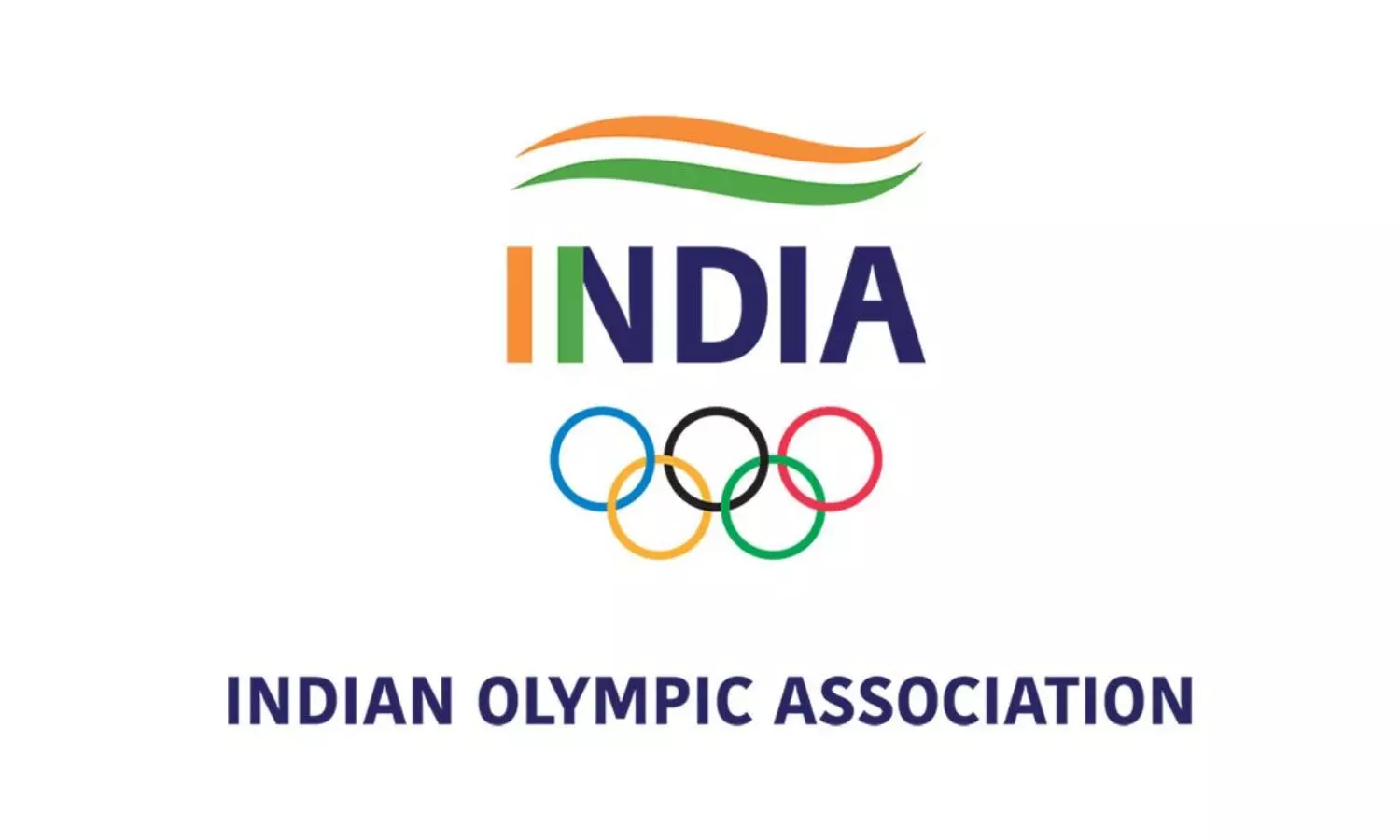Others
IOA set to incorporate radical amendments in its constitution during SGM
The Indian Olympic Association is set to include radical amendments to its constitution during the SGM on Thursday.

Indian Olympic Association (File photo)
The Indian Olympic Association (IOA) is set to incorporate a slew of radical amendments in its constitution, including equal representation of male and female members with voting rights in its General Assembly, during its SGM on Thursday.
Faced with the suspension threat from the International Olympic Committee coupled with the directives of the Supreme Court, the IOA has no other way but to bring changes to its constitution.
It is expected to be just a matter of formality for the IOA to adopt the draft constitution -- already approved by the IOC -- prepared by the SC-appointed retired apex court judge L Nageswara Rao. The SC has approved the holding of IOA elections on December 10.
Incumbent secretary general Rajeev Mehta is expected to chair the meeting as he is the main point of contact with the IOC.
Besides the provision to bring gender equality regarding the voting rights members in its General Assembly, the president's post will also be thrown open to any citizen of the country, a radical change from the earlier requirement for a candidate to have served in the executive committee.
The elected post of secretary general will no longer be there and his role will be taken over by a CEO appointed by the executive council.
The CEO will have no voting rights and will be an ex-officio member of the executive council.
Some members and officials, though, are not happy with some of the provisions of the draft constitution, like the tenure rule and the removal of the restrictive clause of the presidential candidate, which they think may lead to powerful politicians or people with strong political connections occupying the top job.
Even these members have resigned to their fate and accepted the changes in the constitution.
"The amendments will have to be passed tomorrow. There is no other way around it. The Supreme Court is involved and nobody can do anything against a court order. The IOC will ban the IOA if the amendments are not adopted and elections held next month," an official said.
The General Assembly (after the amendment of the constitution) will be made up of two representatives each -- one male and one female with one vote each -- of the national federations whose sports are included in the programme of the Olympic/Asian/Commonwealth Games, IOC members in India, two representatives of the Athletes' Commission -- one male and one female -- with one vote each and eight representatives -- four male and four female -- who are sportspersons of outstanding merit (SOM) with one vote each.
The state Olympic associations will no longer have voting rights.
As per clause 11 of the draft constitution, the Executive Council will have 15 members, besides the IOC member in India, out of which at least four will be female members.
The Executive Council will have one president, one senior vice president, two vice presidents -- one male and one female -- one treasurer, two joint secretaries -- one male and one female -- six other members out of which two -- one male and one female -- shall be from the elected SOMs, two representatives -- one male and one female -- elected by the Athletes Commission from among its members.
The IOC member(s) in India must be an ex-officio member(s) of the Executive Council with a right to vote.
Sportspersons of outstanding merit are those who have retired from active sports (should not have participated in any competitive event for at least one year prior to date of application) and had won at least one of any gold, silver or bronze medals in Olympics, Commonwealth Games or Asian Games.
The voting majority of the Executive Council shall consist of the votes cast by the federations affiliated to the international federations governing sports included in the programme of the Olympic Games or their representatives in accordance with the Olympic Charter.
To be eligible to become an office-bearer of the Executive Council, a member must be a citizen of the country, less than 70 years old on the election date, not have been convicted or have had a negative opinion rendered by the Ethics Commission, and not have had charges framed by any court in India.
Under the tenure guidelines as provided in clause 14, no office bearer shall be allowed to hold office for more than three terms. No member shall hold one or more office bearer's posts for more than two consecutive terms.
An office bearer shall have to undergo a cooling-off period of four years after two consecutive terms, subsequent to which he/she shall be eligible to hold office for another time. Two terms shall be treated as consecutive when the gap between them is less than the cooling-off period.
Members who have already completed three terms (consecutive or not) in any post of office bearer shall not be eligible to contest for any post.
The age cap for any office bearer is 70 years on the election date.
The draft constitution unmistakably gave precedence to the Olympic Charter over the country's statutes.
It said that the Olympic Charter would precede the provisions of the Societies Registration Act of 1860, under which it was established, as applicable in the NCT of Delhi.
It also said that "no provisions of the national sports code shall be applicable to the IOA if they are in contradiction with the Olympic Charter and this newly adopted Constitution".
The IOA elections were due in December last year but could not be held owing to a pending case in the Delhi High Court where a petition was filed, seeking amendment in its constitution before holding elections to align it with the National Sports Code.
